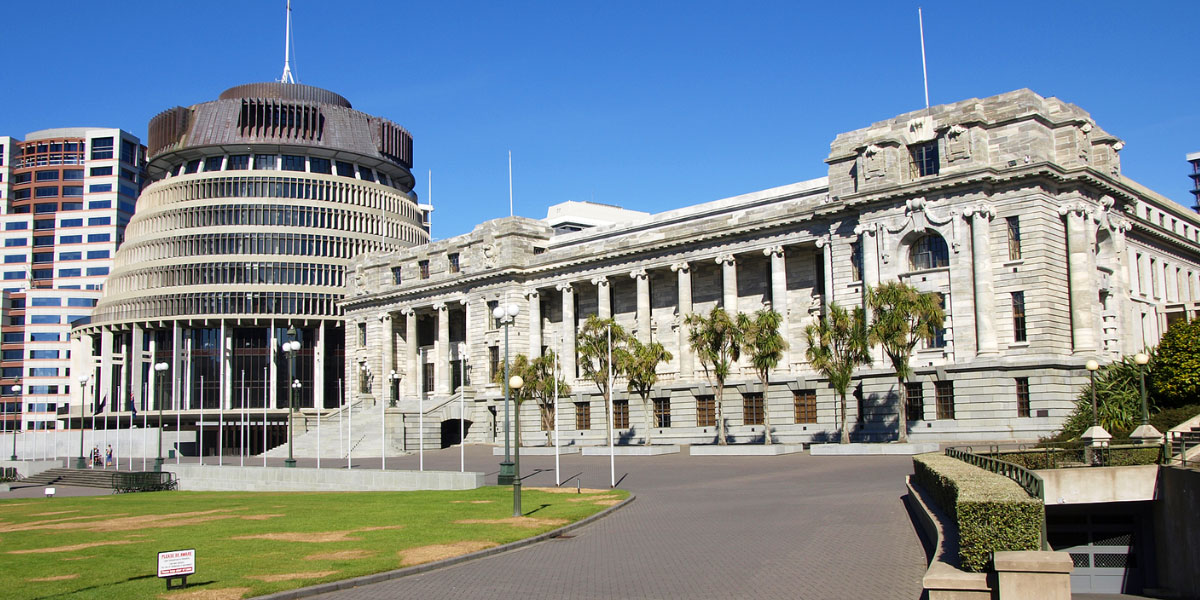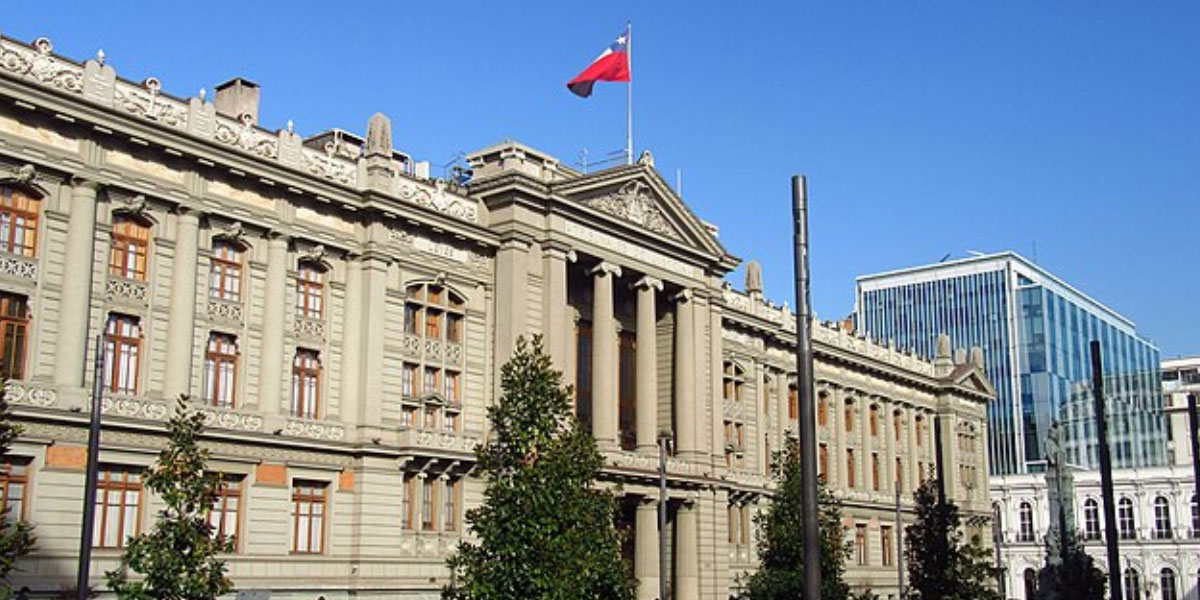On 18 May 2023, the Minister of Revenue, Mr. Hon David Parker introduced the Taxation (Annual Rates for 2023–24, Multinational Tax, and Remedial Matters) Bill into the parliament. The Bill contains the following key measures:
OECD pillar two GLoBE rules
New Zealand has planned to adopt the OECD’s pillar two Base Erosion and Profit Shifting (BEPS) global minimum tax rate proposal. The Global Anti-Base Erosion (GloBE) rules are the main component of Pillar Two. The rules are designed so that MNEs with annual revenues above €750 million pay a minimum 15% effective tax rate on their mobile income (for example, interest, dividends and royalties) in every country where that income is earned.
The Applied GloBE rules consist of an Income Inclusion Rule (IIR) and an Undertaxed Profits Rule (UTPR). Together they will ensure that if a critical mass of other countries adopt the GloBE rules, such that New Zealand MNEs will need to comply with and pay GloBE tax whether New Zealand adopts the rules or not:
- New Zealand will not lose GloBE tax revenue it is entitled to collect to other countries if it enacts the rules; and
- administration and compliance costs for in-scope New Zealand MNEs and the Government will be reduced.
The application date for the Applied GloBE rules will be set by Order in Council once the Government determines that a critical mass of countries has adopted the GloBE rules. Such adoption seems very likely, though is not certain. This application date will not be earlier than 1 January 2024 for the IIR and 1 January 2025 for the UTPR.
Other key measures
- Income tax rates for the 2023-24 tax year remain unchanged;
- raising the trustee tax rate from 33% to 39%;
- amending the tax treatment of backdated lump sum ACC and MSD payments;
- making a three percent KiwiSaver Government contribution to recipients of Paid Parental Leave who make their own contribution of at least 3%;
- tax relief measures for flood-hit businesses in the North Island.














